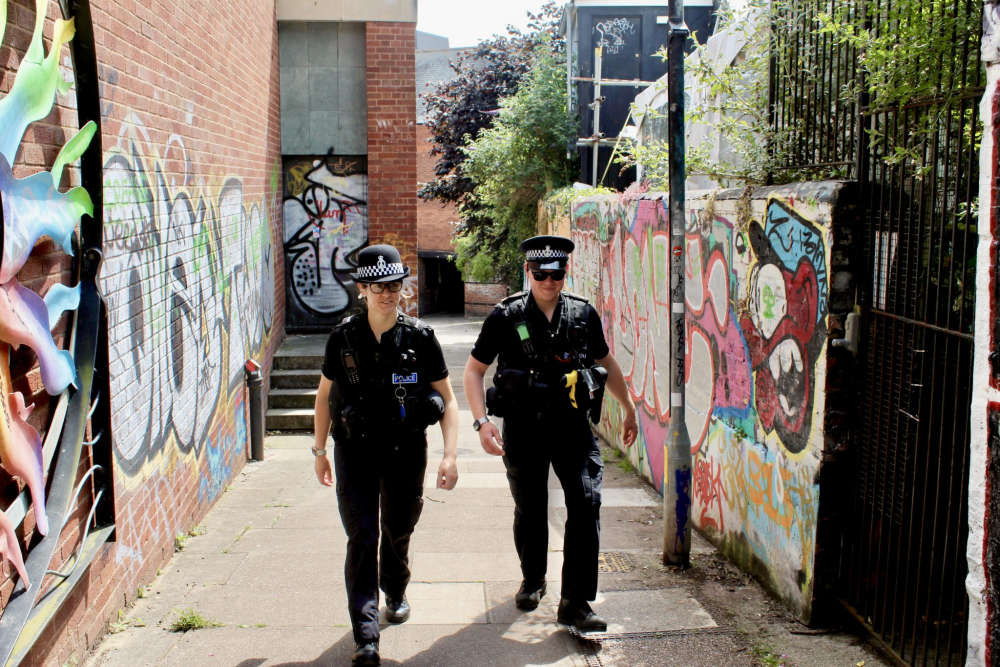
Devon County Council is heading for “increased financial stress” with its reserves shrinking.
A budget report for Devon County Council’s cabinet last week stressed that the local authority is “not at immediate risk of financial failure” but that this is a “growing threat for the medium term” if it keeps spending its reserves at the same rate as the past four years.
Councils are required by law to set balanced budgets, and while the Conservative-led administration has adopted a mantra of ‘living within our means’, it has had to lean on its savings in recent years.
It is now in last place out of the 21 county councils in England for the robustness of its reserves.
The report said three measures – reserves sustainability, level of reserves and change in reserves – have been reclassified from ‘increasing risk’ to ‘high risk’.
“In absolute cash terms, Devon now has the second lowest level of usable reserves [of the 21 county councils],” the report said.
The council had £222 million of reserves in March 2021 but this fell to £125 million at March last year.
By the end of the current financial year in April, a further £20 million of reserves is expected to be spent, mostly to support something called the safety valve scheme.
This initiative grants councils government money to help tackle overspends linked to special educational needs and disabilities (Send) budgets.
Devon’s Send deficit is estimated to hit a cumulative £132 million in the next few weeks, potentially rising to nearly £163 million by March next year.
That is in spite of the safety valve scheme awarding Devon £95 million over nine years, as long the council cuts its Send deficit and reducing costs.
The Send deficit is legally separated from its main finances, but the legislation allowing this runs out in March 2026.
Cllr Julian Brazil (Liberal Democrat, Kingsbridge) highlighted the issue of the Send deficit at the cabinet meeting.
He said that the children’s scrutiny committee had been told previously the Send deficit is expected to rise by £14 million, but that the budget papers now concede is likely to increase by £44 million.
“There’s no explanation or anything in the summary about why this has happened, and I appreciate the council thinks scrutiny is a waste of time, but I think it is going too far that the budget presented to children’s scrutiny has changed by tens of millions of pounds, and you haven’t had the courtesy to tell scrutiny what has gone on,” he said.
Angie Sinclair, the council’s finance director, said her department is still undertaking modelling to predict the financial outcome for the year.

 £1m hotspot policing scheme extended to new areas in Devon & Cornwall
£1m hotspot policing scheme extended to new areas in Devon & Cornwall
 New accountability board will ensure Devon & Cornwall Police is effectively scrutinised and making improvements
New accountability board will ensure Devon & Cornwall Police is effectively scrutinised and making improvements
 High fire risk: advice issued for Dartmoor this weekend
High fire risk: advice issued for Dartmoor this weekend
 Investigation Finds No Gross Misconduct by Former Acting Chief Constable Jim Colwell
Investigation Finds No Gross Misconduct by Former Acting Chief Constable Jim Colwell










